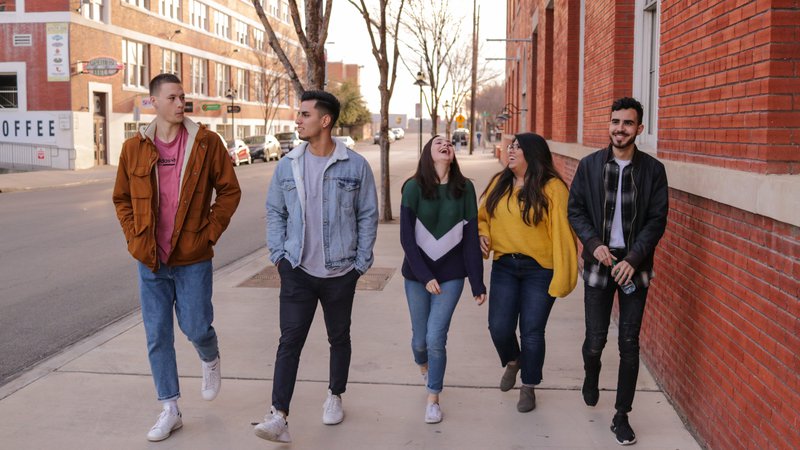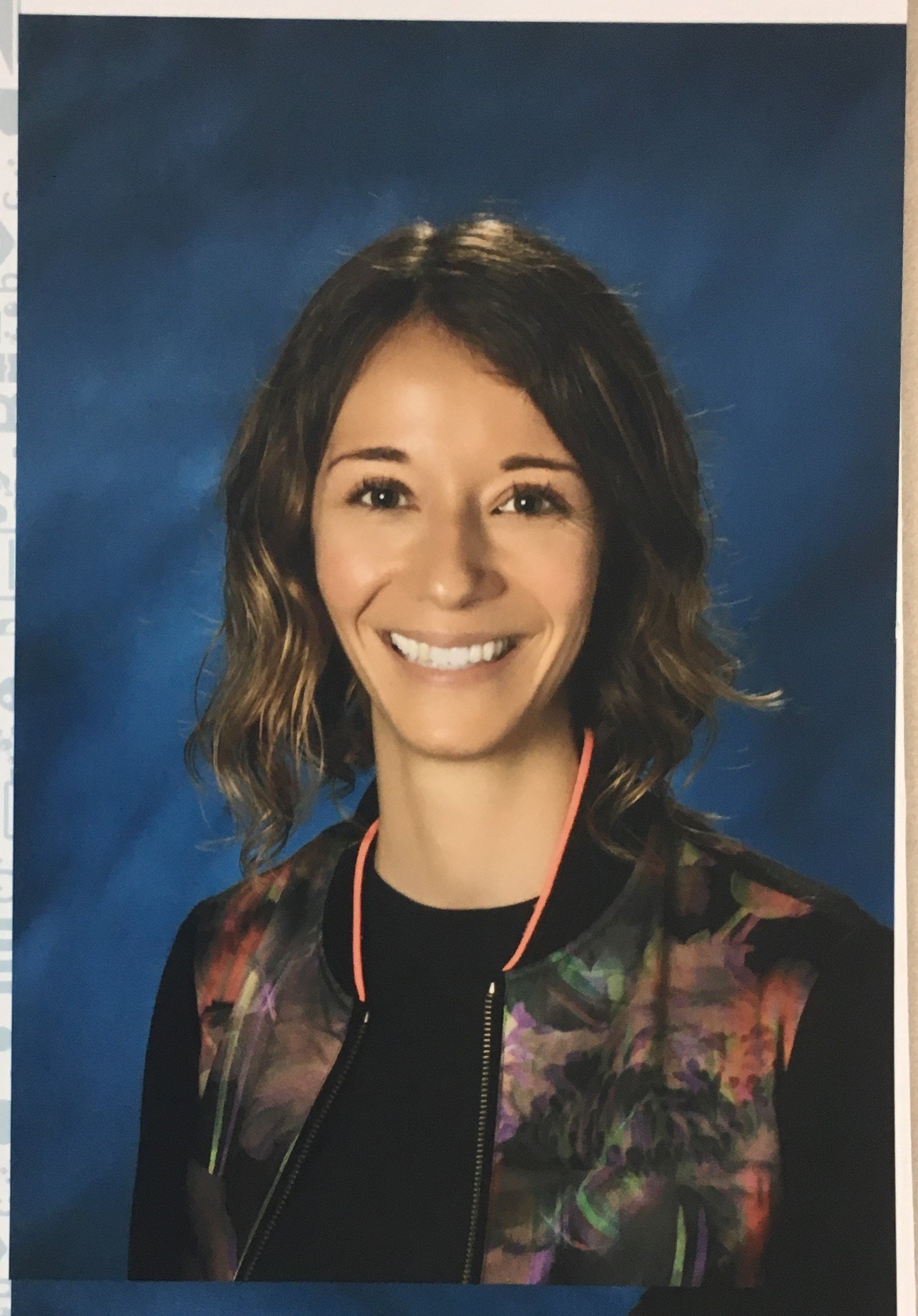What is the Purpose of Public Education?
After 12 years of formally and informally studying education policy and three years in the classroom, I’ve come to believe that the purpose of public education is to provide students with rigor, relevance, and joy.

When my school transitioned to remote teaching last month as a result of the COVID-19 pandemic, being able to anchor myself to this three-word mantra felt like a gift.
Then I received some outside perspective via everyone’s favorite-least-favorite “COVID Times Newsletter:” My Facebook feed. Reading your friends’ reactions to closing down in-person learning is like having a mirror held up to you and your worth as an educator.
And this mirror has been… humbling.
After three years of carefully constructing my teacher identity, of saying “yes, please!” to any and every professional development opportunity—and watching students solve real world problems in the classroom—I felt like I could articulate the purpose of public education and my role in it. Woohoo!
Instead, my Facebook feed mirror told me that the purpose of public education (aka, my job) is:
Childcare.
6.5-10 hours/day for families to get a break from their kids.
AP and IB test prep.
Food.
Prom.
My teacher prep classes did not cover any of those things. If I’m being honest, nothing on this list sounds like why I chose to leave an incredible job at the Bezos Family Foundation to become a high school teacher.
Still, I get it.
Access to food is morally non-negotiable; Prom is short-hand for loss of traditions and transitions; lack of childcare and routines for elementary school-aged children sounds like a nightmare. The blessing of having significant amounts of time away from your kids every day? I feel you! I know I’m certainly ready to usher your teens out the door after a while. How can I miss them if they don’t go away? Or, you know, plan for tomorrow’s lessons when my classroom is full of high schoolers chit-chatting and hanging out for hours after school?
The reality, though, is that I wanted to see my Facebook universe express concern that students will be missing out on the reasons I became a teacher:
Critical thinking, creativity, and collaboration.
Engaging in complex problem-based learning.
Trying out a new skill, being pretty bad at it the first time, but then slowly getting better and feeling elated about making progress!
I wanted to see the importance of Rigor, Relevance, and Joy reflected back at me.
Fortunately, I remembered another equally important teaching mantra, “Everyone’s up to their ass in alligators so be kind to each other and yourself”. Wise words passed along from my 95-year-old grandma, to my mom, to me. Women who know, among other things, the value of a strategically placed swearword.
Last year I had a class of sophomores for World History and they were just one of Those Classes, you know? The kind of class that has you on constant high alert. The kind of class that teaches you how to de-escalate fights with a quick, Why don’t you come over here and help me with this [pretend thing I just made up] that will hopefully keep you occupied until you’re emotionally regulated? The kind of class your significant other begs you to pleeeease stop talking about.
I used all the trauma-informed teaching strategies I could think of for this class. I taught students how to check their heart rate to know if they were ready to engage with their classmates, how to identify in their bodies where they were feeling their emotions, how to know when they needed a 30-second head-down-on-the-table break vs. a five-minute cool down walk. Every class circle began with a student reading our class mantra: Everyone’s up to their ass in alligators so be kind to each other and yourself.
What I did *not* do in that class was get through much curriculum. After the trimester ended, I received an email from a student who I knew had deeply regretted being in my class instead of signing up for AP World History. He wrote, “I didn’t learn much history in your class. But I learned a lot about myself. Thank you for being patient with us”.
There’s a classic teaching archetype that we all strive for: The Warm-Demander. My greatest teaching fear is that I’m not demanding enough of my students. I’m haunted by stories of teachers who “love their students stupid”. Yet, our current reality is that the entire world is fulfilling the role of Demander. If ever there was a time to be a warm and loving teacher, it’s now.
As of this morning, my school has run out of free WiFi devices to send home. Multiple students have reached out to let me know they are working full-time (or more) to make rent. Like communities everywhere, so many of my school’s families are not eligible for unemployment benefits or other assistance due to lack of immigration papers. I asked my students’ parents to tell me how much time their child has to devote to school, given work and family obligations. The average? 12 hours per week to cover all their classes.
I look back over the list of things I saw in the mirror and pull out one that I think I can help with:
Caring about other people’s children. Child-care.
Because right now the alligators are high and the water is deep.

Mollie Price is a current high school teacher at Hazen High School in Renton, WA. Formally she was the Program Officer at the Bezos Family Foundation. In her free time, she likes pretending that she'll eventually get to that stack of New Yorkers, singing opera, and listening to way too many podcasts.